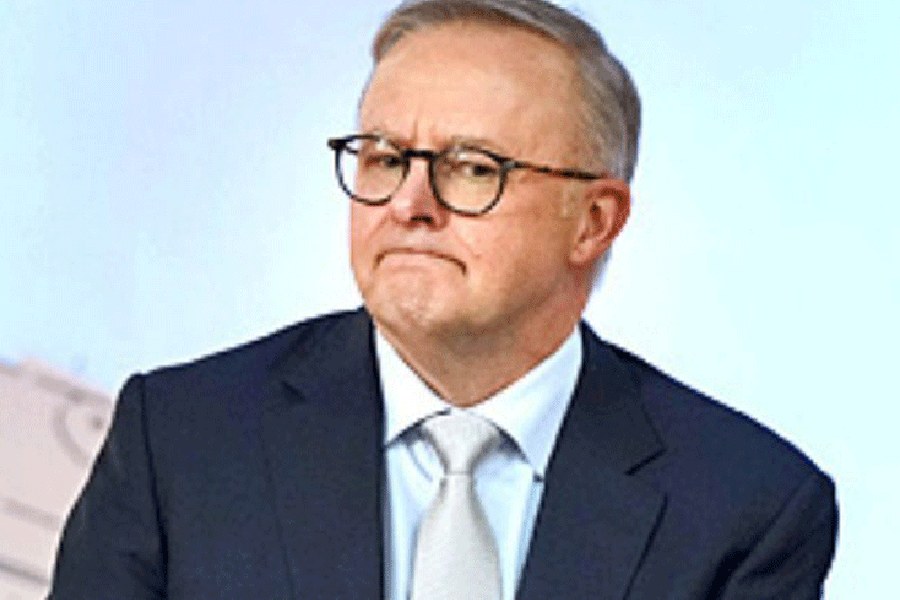The internet, including social media, can be a cruel place for the young. This is because online experiences can be exploitative, risky and deeply problematic for children and young adults. That is perhaps why the Australian prime minister, Anthony Albanese, has said that his government will impose an as-yet-undefined ban on younger teenagers and children in that country when it comes to accessing social media. But such a blanket ban is not without problems, ethically and logistically. Such a regulation would violate a child’s right to medium-specific free speech and lead to privacy-invasive age verification for all users, including minors. The sensitive personal details required for such verification can be rendered vulnerable on account of the penchant of digital entities trading data for profit. A ban on social media would also make it more enticing, breeding clandestine ways of accessing the medium. This could push inquisitive children towards the dark web, which is not only impossible to regulate but also a far more sinister space. Moreover, many children use their parents’ devices and social media accounts. How will the government stop that?
This is not to dismiss the concern cited by Australia’s prime minister. Children’s addiction to digital devices is a global challenge and a solution to the problem must be found. A town in Finland has perhaps shown the way by resolving that children will return to the use of pen and paper in place of personal digital devices in schools. This shift would not only renew children’s interest in the physical sources of knowledge but also facilitate greater in-person interaction. Schools must complement such measures by imparting lessons on the safe usage of social media to equip children to navigate these platforms better. The creation of a safe internet space for children with playful, exploratory fun, entertainment, and positive online educational experiences should be a priority. Australia has already set an example that Mr Albanese might want to examine. The Australian Research Council Centre of Excellence for the Digital Child has published a manifesto for a ‘Children’s Internet’ outlining 17 principles that can create better digital experiences for them. Simple steps like in-app statutory warnings and enforced screen breaks programmed into social media apps might benefit both children and adults more than a ban.











